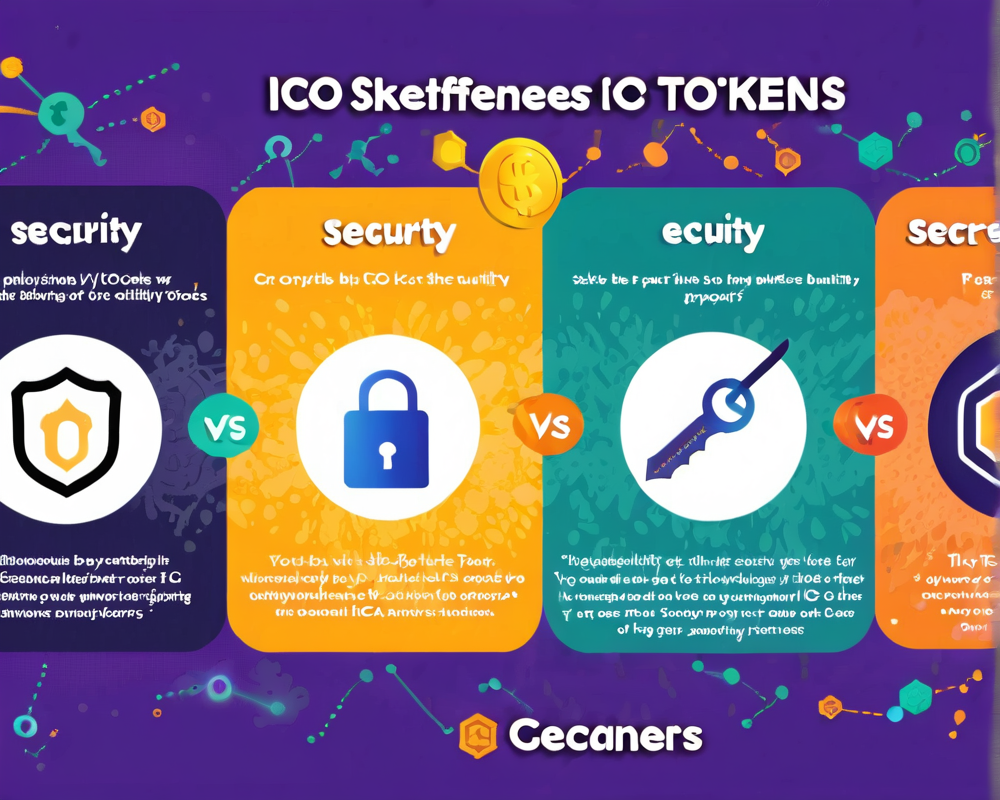The Rise of ICOs: A Game-Changer for Fundraising
Oh, 2017! A year when startup fundraising took a sharp left turn into the wild world of Initial Coin Offerings (ICOs). Suddenly, entrepreneurs were not just chasing venture capitalists; they were minting coins like it was a game of Monopoly. Companies sprang up, tokens were created, and investors were dazzled by the potential of capital gains that came with blockchain. But, as any party guest knows, things can get a little too wild, and regulators had to step in.
Enter the Regulators: The SEC Steps Up
The U.S. Securities and Exchange Commission (SEC) took one look at the broader ICO landscape and said, “Whoa there!” They observed trends that looked suspiciously like those found in traditional securities. By the end of July last year, the SEC proclaimed, “Every ICO token we’ve seen so far? Yep, considered a security.” Turns out, if it walks like a duck and quacks like a duck, it’s probably gotta be registered like a duck.
Diving into Types of Tokens
Now, before you drown in a sea of regulatory jargon, let’s break down the token types before they become your midnight snack dreams:
- Security Tokens: These tokens can be considered investments, meaning they come with federal securities regulations. Remember the Howey Test? It’s like the bouncer at the ICO club.
- Utility Tokens: These are your friendly neighborhood access passes, designed for use within a specific ecosystem, rather than sold as investments. Think of them like a VIP wristband at a concert.
Security Tokens: The Good, The Bad, The Regulated
It ain’t all sunshine and rainbows for security tokens. The SEC’s watchful eye categorizes most ICO tokens under the security umbrella due to the profits stemming from the efforts of others. Jay Clayton, the chairman of the SEC, elaborated with a catchy line: “You can call it a coin, but if it functions like a security, it’s a security.” So, these tokens come with strings attached – like a clingy ex who wants to meet your parents.
Utility Tokens: The Lifesavers in the Sea of Regulation
On to utility tokens, which allow investors to access services without falling under the securities regulations—when designed correctly, mind you. Vinny Lingham’s Civic project offers a great example, demonstrating that these tokens can provide real value, not just more confusion. It’s like the difference between a free snack bowl at a bar versus ordering the $20 charcuterie platter. Same place, different results!
Navigating the ICO Token Waters
Choosing between security and utility tokens isn’t just a vague choice; it’s a bit like picking your favorite ice cream flavor at a crowded shop. Options galore! Startups should consider the purpose of their token and where they fit into the broader regulatory puzzle. And with the market still buzzing and evolving, tokens that don’t serve real utility may find themselves left holding the bag when the bubble bursts.
Beyond Tokens: Evolving Perspectives
Dejun Qian, founder of Fusion, argues we shouldn’t confine tokens into neat little boxes of utility or security. Instead, consider an expansive view that transcends these definitions. As he suggests, tokens introduce new paradigms, reimagining how we engage with blockchain technology and beyond. So rather than splitting hairs over definitions, let’s embrace the creativity that tokens bring to the different facets of the crypto universe!




